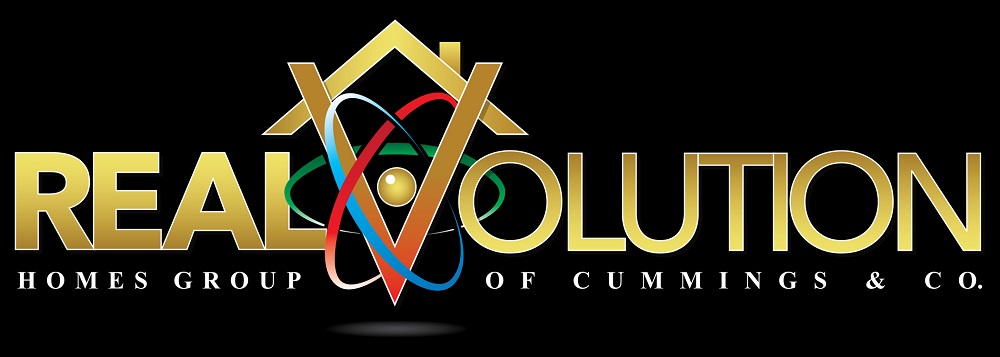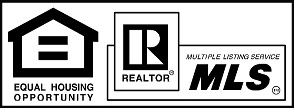Unlocking Homeownership: Are You Ready to Buy a Home?
Unlocking Homeownership: Are You Ready to Buy a Home?
Millions of renters are unaware that they are financially ready to buy a home. It's time to change that narrative.
In 2022, a staggering 39% of the 134 million families in the U.S. did not own their homes. Among these, about 7.9 million families were "income mortgage-ready," meaning they could have afforded a mortgage payment on a typical home in their area. This analysis by Zillow, based on data from the American Community Survey by the U.S. Census Bureau, reveals a significant opportunity for many renters to transition into homeownership. If you're nearing the end of your lease, now is the perfect time to evaluate whether you can take the leap into buying a home.
Understand Your Credit: Knowledge is Power
First, check your credit. It's crucial to know your credit status because it determines your buying power and influences the mortgage interest rate lenders will offer you. Many potential buyers mistakenly believe that checking their credit will harm their score. Fortunately, soft credit checks are now commonly used, which do not affect your credit score.
Did you know? Keeping an eye on your credit for several months before purchasing can give you time to improve your score if needed. Higher credit scores often result in lower interest rates, saving you money over the life of your mortgage.
Action Tip: Regularly monitor your credit report and take steps to improve it, such as paying down debts and disputing any errors.
Calculate Your Debt-to-Income Ratio: The Key to Approval
Next, determine your debt-to-income (DTI) ratio. This is a critical factor that lenders consider when approving mortgages. The DTI ratio compares your monthly debt payments to your gross monthly income. A high DTI ratio can be a red flag for lenders, indicating that you might struggle to manage additional mortgage payments.
Mistake to Avoid: Ignoring your DTI ratio can lead to mortgage denial. Aim to keep your DTI ratio within the recommended range using the 28/36 rule—spend no more than 28% of your gross income on housing expenses and no more than 36% on total debt.
Action Tip: Calculate your DTI ratio and work towards reducing it if necessary. This might involve paying off high-interest debts or consolidating loans.
Get Prequalified: Your First Step Towards Homeownership
Getting prequalified for a mortgage is a smart move. This involves a lender assessing your financial situation and giving you an estimate of how much you can borrow. Prequalification helps you understand your budget and shows sellers that you're a serious buyer.
Did you know? Prequalification is a preliminary step that doesn’t require a full credit check, so it won’t impact your credit score. It’s a way to get a ballpark figure of your buying potential.
Action Tip: Gather your financial documents and reach out to a lender for prequalification. This will give you a clearer picture of your home-buying power.
Know the Market: Location, Location, Location
Understanding the local real estate market is crucial. Property values, median home prices, and market trends vary significantly by location. Researching the market can help you make informed decisions about where and what to buy.
Fun Fact: Even within the same city, neighborhoods can differ greatly in terms of affordability and amenities. A home in one area might be a bargain compared to another just a few miles away.
Action Tip: Work with a knowledgeable real estate agent who can provide insights into different neighborhoods and help you find the best deals.
Plan for Additional Costs: Beyond the Mortgage
Don’t forget about the additional costs of homeownership. These include property taxes, homeowner’s insurance, maintenance, and potential homeowners association (HOA) fees. These expenses can add up and should be factored into your budget.
Stat: The average homeowner spends about 1% to 4% of their home's value on maintenance each year. This means that for a $300,000 home, you could spend $3,000 to $12,000 annually on upkeep.
Action Tip: Create a comprehensive budget that includes these additional costs to ensure you're financially prepared for homeownership.
Conclusion
Transitioning from renting to owning a home is a significant financial step that many renters are more prepared for than they realize. By understanding your credit, calculating your debt-to-income ratio, getting prequalified, researching the market, and planning for additional costs, you can confidently move towards homeownership. If you have any questions or need assistance, feel free to reach out to me. And remember, if you know anyone who might be considering buying or selling a home, I’m here to help them too.
Owning a home not only provides stability but also can be a great financial investment. Let’s turn the dream of homeownership into a reality!
I hope this article provides valuable insights and motivates you to take the next step toward buying your own home. If you need personalized advice or have any questions, don't hesitate to contact me. Happy house hunting!
Source: CNBC
If you have any questions, want to know what the current value of your home is, would like to book an appointment with me or are looking for some free real estate related educational reports; make sure to Check Out My Link tree
Search for your next dream home or find out the value of your current home on my website www.Realvolutionhomes.com
Dan McDevitt
Cummings & Company Realtors
Team Leader Realvolution Homes Group


